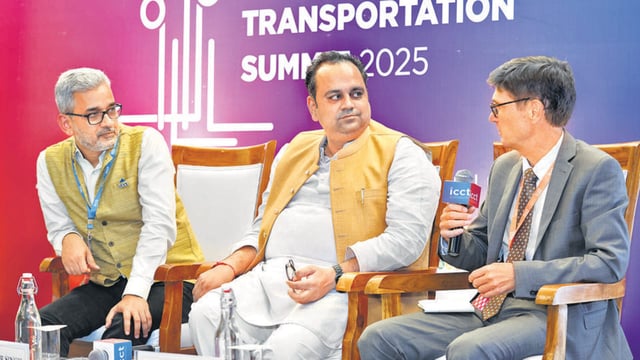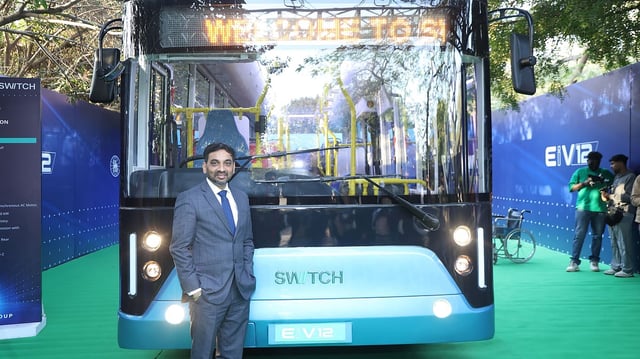Overview
- Delhi currently operates about 3,400 electric buses, up from roughly 400 earlier this year, with a goal of nearly 6,000 by year-end.
- EV Policy 2.0 is slated for release around February and will prioritise charging infrastructure, scrappage of older vehicles, road tax rationalisation, and incentives.
- Charging sites are planned in housing societies, under flyovers, and on vacant land in outer Delhi with Resident Welfare Associations involved and public‑private partnership models explored.
- Smaller Devi buses are being used to strengthen last‑mile connectivity in areas previously underserved by public transport.
- Delhi announced a knowledge‑sharing effort with Oslo under the proposed Delhi‑Oslo Smart Transport Initiative, while experts flagged operating costs, grid readiness, and the need for a citywide charging master plan.

